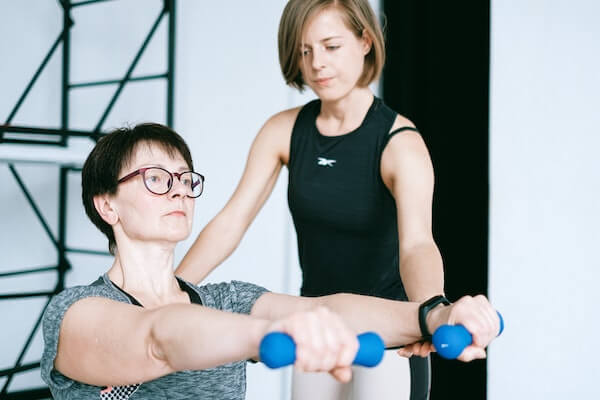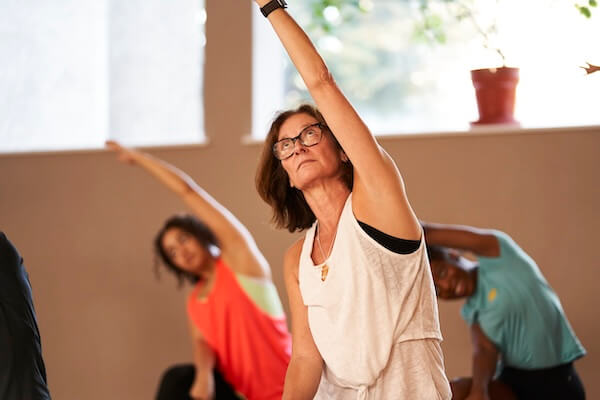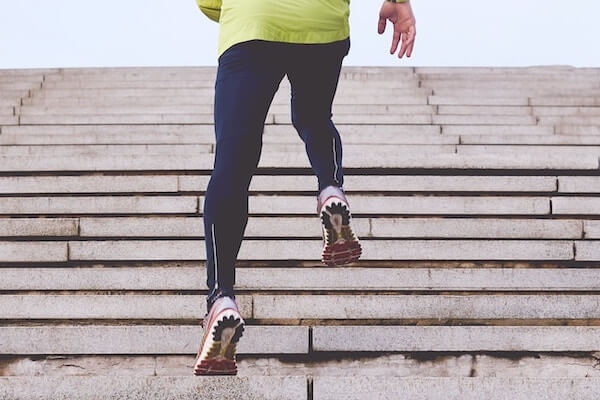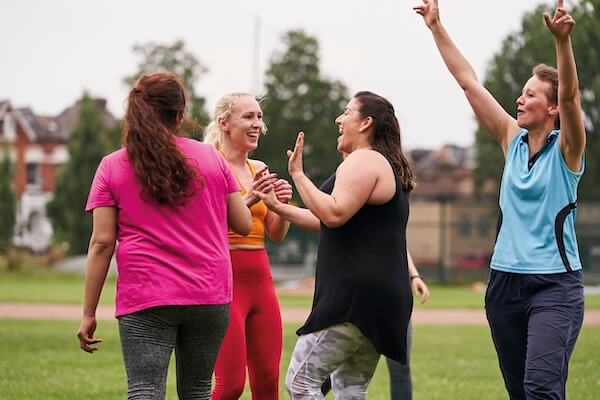
Starting a new physical activity routine can be daunting, especially if you haven't been active in a while. It's easy to feel overwhelmed and unsure of where to start. But the good news is that you don't have to go from zero to hero overnight. In fact, starting slow and gradually building your fitness level has many benefits.
One of the most significant benefits of starting slow is that it reduces the risk of injury. If you haven't been active in a while, jumping into a high-intensity workout can put a lot of stress on your body. Your muscles and joints may not be ready for that intensity, which can lead to strains, sprains, or other injuries. Starting with a low-intensity activity, such as walking or stretching, allows your body to adjust gradually to the new demands being placed on it. Then, as you become stronger and more flexible, you can gradually increase the intensity of your workouts.
Another benefit of starting slow is that it makes physical activity more enjoyable. Starting with an activity that is too difficult or challenging can feel like a chore or even be painful. This can make it difficult to stay motivated and stick with your routine. By starting with a manageable and enjoyable activity, you're more likely to stick with it and develop a positive attitude towards physical activity. As you gradually build your fitness level, you may enjoy more challenging activities and be motivated to push yourself to new levels.
Starting slow also allows you to develop good exercise habits. It can be tempting to go all in and push yourself as hard as possible when you're just starting out. However, this can lead to burnout and make it challenging to maintain your routine over time. Instead, by starting slow and gradually building your fitness level, you can develop good exercise habits that you can keep over the long term. For example, you may begin with a 10-minute walk each day and gradually increase the duration or intensity of your walks as your fitness level improves. This gradual approach allows you to develop the habit of regular physical activity, which can have long-lasting health benefits.
Starting slow can also help you avoid the frustration of not seeing immediate results. When you start with an intense workout or activity, you may expect rapid changes in your fitness level or body composition. However, this is often not the case. When you start slowly and gradually build your fitness level, you'll likely see gradual changes over time. This can be motivating and help you stay committed to your routine. By focusing on gradually building your fitness level rather than the end result, you can enjoy the journey and appreciate the progress you make along the way.
Remembering that physical activity is not just about fitness and weight loss is also important. Physical activity has many health benefits, including reducing the risk of chronic diseases such as heart disease, diabetes, and certain types of cancer. Even low-intensity activities, such as walking or gardening, can have significant health benefits when done regularly.
Overall, starting slow and gradually building your fitness level has many benefits. It reduces the risk of injury, makes physical activity more enjoyable, allows you to develop good exercise habits, helps you avoid frustration, and can lead to significant health benefits. Remember, the most important thing is to start where you are and gradually build from there. With patience and consistency, you can achieve your fitness goals and enjoy the benefits of physical activity.






